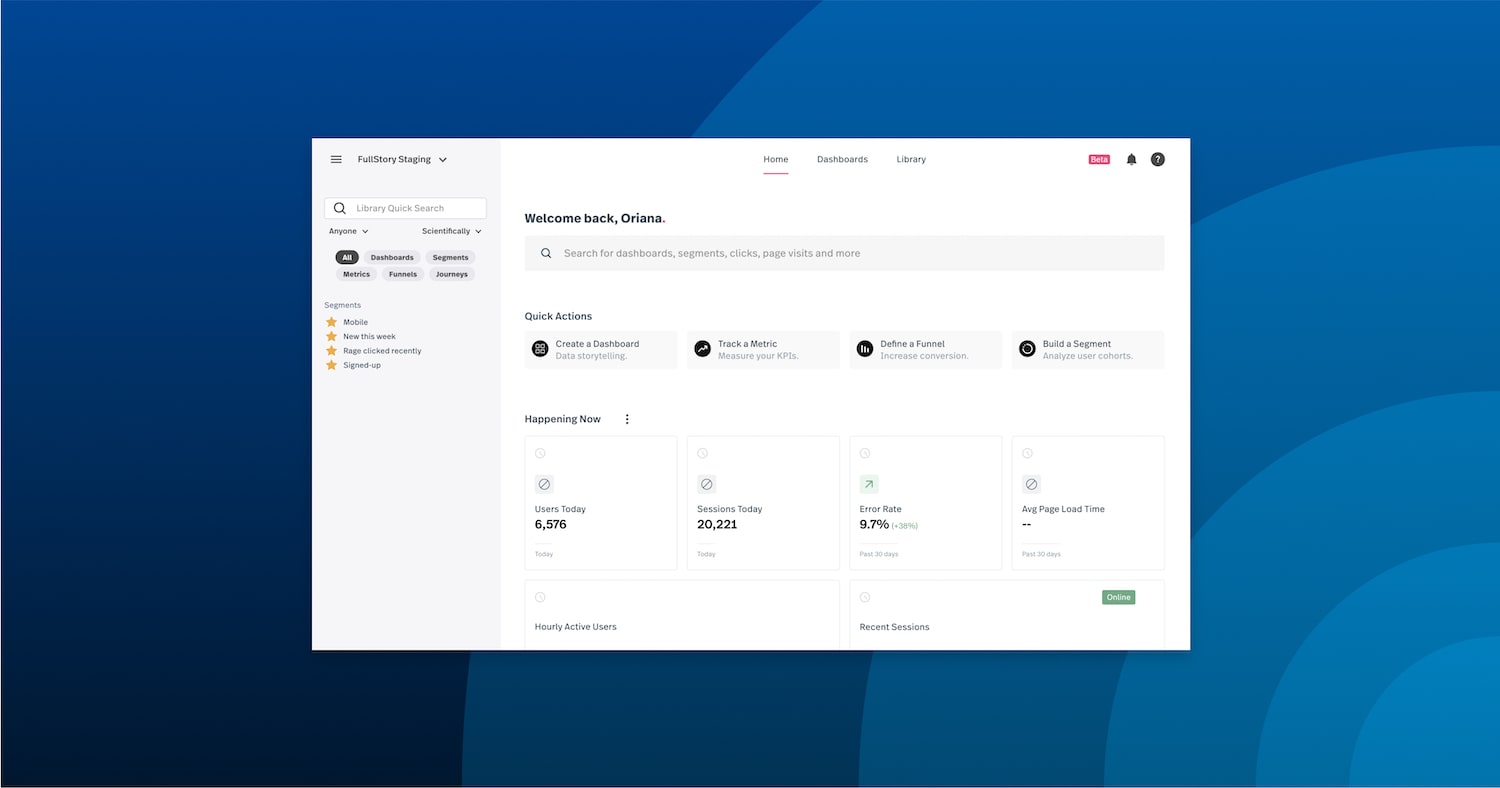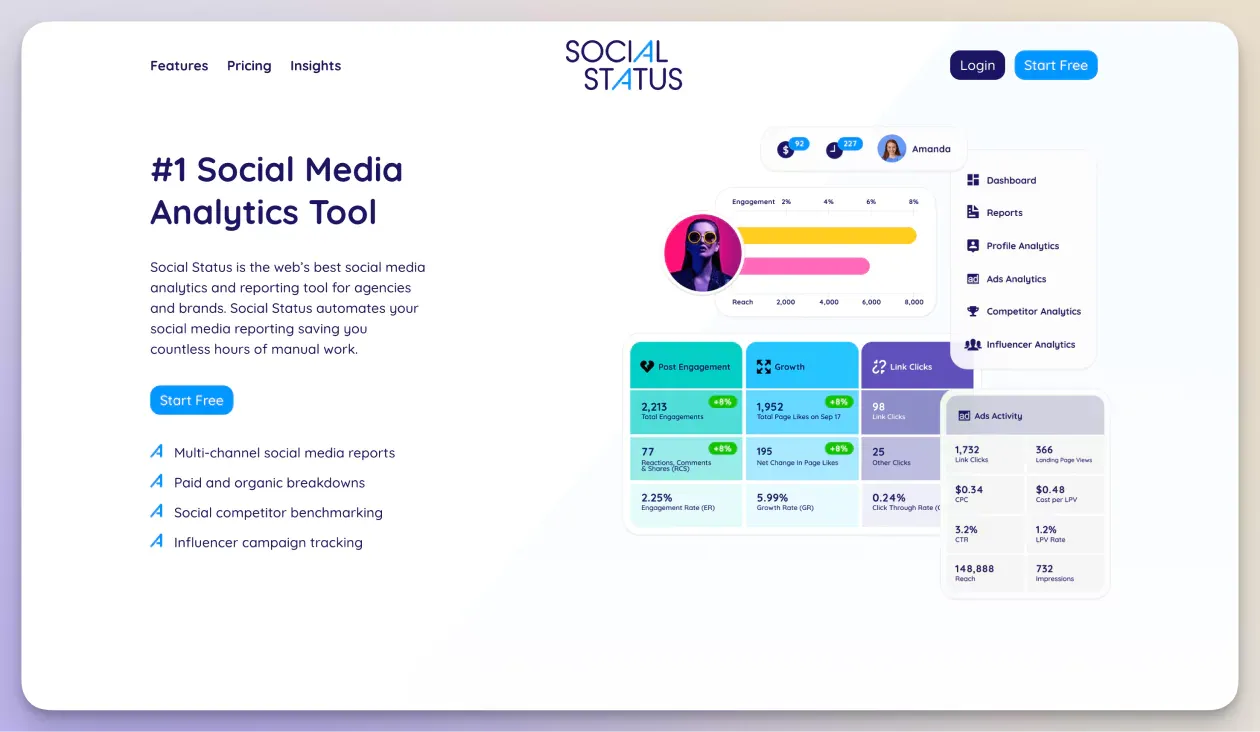Take Advantage Of Predictive Analytics for Future-Ready Decisions
Boost Performance and Earnings Via Information Analytics
In today's data-driven landscape, businesses are increasingly acknowledging the crucial duty of data analytics in boosting functional effectiveness and earnings. By systematically analyzing information, companies can reveal critical understandings that educate strategic choices, enhance processes, and tailor consumer experiences (Analytics). Nonetheless, the obstacle exists not only in the implementation of these logical tools yet additionally in comprehending how to convert information into actionable end results. As we check out the nuances of effective data-driven approaches, the ramifications for both short-term gains and long-lasting success become significantly clear. What might these insights disclose for your organization?
Understanding Information Analytics
In today's data-driven landscape, understanding information analytics is vital for companies aiming to improve functional efficiency and drive productivity. Data analytics includes the methodical computational analysis of information collections to reveal patterns, correlations, and insights that notify decision-making. By utilizing various techniques, such as statistical analysis, maker learning, and predictive modeling, organizations can change raw data right into actionable intelligence.
The process typically starts with information collection, where pertinent info is collected from numerous resources, consisting of transactional databases, client communications, and market trends. This data is then cleaned up and arranged to guarantee accuracy and consistency. Once the data is prepared, logical devices and software are used to envision the details and discover, making it possible for stakeholders to determine anomalies and fads.
Inevitably, recognizing information analytics equips organizations to make enlightened choices based on empirical proof as opposed to instinct. It promotes targeted strategies that can enhance source allowance, enhance consumer satisfaction, and enhance general performance. As companies increasingly acknowledge the value of data-driven insights, a strong grip of information analytics ends up being an important proficiency for leaders and groups alike, placing them for continual success in a competitive environment.

Secret Benefits for Services
Businesses that leverage data analytics can open a plethora of advantages that significantly boost their operations and productivity. One of the key benefits is boosted decision-making. Data analytics supplies actionable understandings originated from real-time information, enabling services to make enlightened options that align with market needs and consumer preferences.

In addition, data analytics fosters enhanced customer experiences. By recognizing consumer actions and choices, organizations can customize their offerings, causing raised fulfillment and commitment. This tailored strategy typically causes greater conversion rates and repeat company.
Moreover, data analytics enables companies to identify arising possibilities and fads. By remaining ahead of the contour, organizations can profit from brand-new markets and technologies prior to their rivals.
Executing Data-Driven Methods
Effective implementation of data-driven strategies needs an extensive understanding of both organizational objectives and offered data sources. Organizations should initially specify their goals clearly, ensuring placement between information campaigns and tactical purposes. This clarity makes it possible for teams to concentrate on pertinent metrics and insights that drive decision-making.
High-quality information is essential for precise evaluation, as bad data can lead to misdirected approaches and wasted sources - Analytics. Organizations must establish processes for information collection, cleansing, and management to preserve information integrity.
Moreover, cultivating a data-driven society is essential. Workers in all levels ought to be encouraged to take advantage of data in their day-to-day operations. Educating programs and workshops can enhance data literacy, equipping team to make informed decisions based on logical insights.
Tools and Technologies Overview
A robust collection of innovations and tools is important for organizations aiming to harness the full capacity of data analytics. These tools facilitate the collection, processing, and visualization of data, enabling businesses to obtain workable understandings.
At the foundational level, data administration platforms such as SQL data sources and NoSQL systems give efficient information storage space and access capacities. For information handling and analysis, programs languages like Python and R, together with frameworks such as Apache Spark, enable complex calculations and machine knowing applications.
Visualization tools, including Tableau and Power BI, change raw data right into user-friendly graphical layouts, making understandings accessible to stakeholders in any way levels. Additionally, cloud-based platforms like Google Cloud and AWS supply scalable storage and processing remedies, accommodating the expanding volumes of information companies experience.
For advanced analytics, predictive modeling and AI-driven services are increasingly taken on, enabling companies to forecast patterns and enhance decision-making processes. Incorporating these tools into existing process is extremely important; companies that successfully take advantage of this technology can substantially boost functional effectiveness and drive productivity. Therefore, buying the right devices and innovations is a calculated critical for any kind of data-driven organization.
Situation Research Studies of Success
Leveraging data analytics has actually led countless Extra resources companies to achieve amazing improvements in effectiveness and earnings. One noteworthy instance is a huge retail chain that applied predictive analytics to enhance inventory management. By examining historical sales information and customer patterns, the company reduced excess inventory by 30%, bring about substantial cost financial savings and enhanced capital.
One more instance can be discovered in the manufacturing sector, where a leading automobile maker used data analytics to improve its manufacturing procedures. By checking maker view website efficiency in real-time, the company determined inefficiencies and traffic jams, causing a 20% rise in general devices performance (OEE) This not only increased production prices yet additionally lessened downtime and maintenance prices.

These study show how information analytics can drive calculated decision-making, enhance procedures, and ultimately improve both efficiency and earnings across numerous sectors.
Verdict
In verdict, the integration of data analytics right into business operations provides significant possibilities for boosting performance and earnings. By methodically assessing information, companies can determine ineffectiveness, maximize client experiences, and make notified decisions.
In today's data-driven landscape, recognizing information analytics is important for organizations intending to improve functional performance and drive success. Data analytics involves the systematic computational analysis of data collections to uncover patterns, relationships, and understandings that educate decision-making. Data analytics offers actionable insights acquired from real-time information, enabling services to make educated choices that align with market needs and customer preferences.
High-grade information is necessary for exact analysis, Discover More as inadequate data can lead to illinformed strategies and wasted sources. Organizations should develop procedures for data collection, cleansing, and management to preserve information stability.